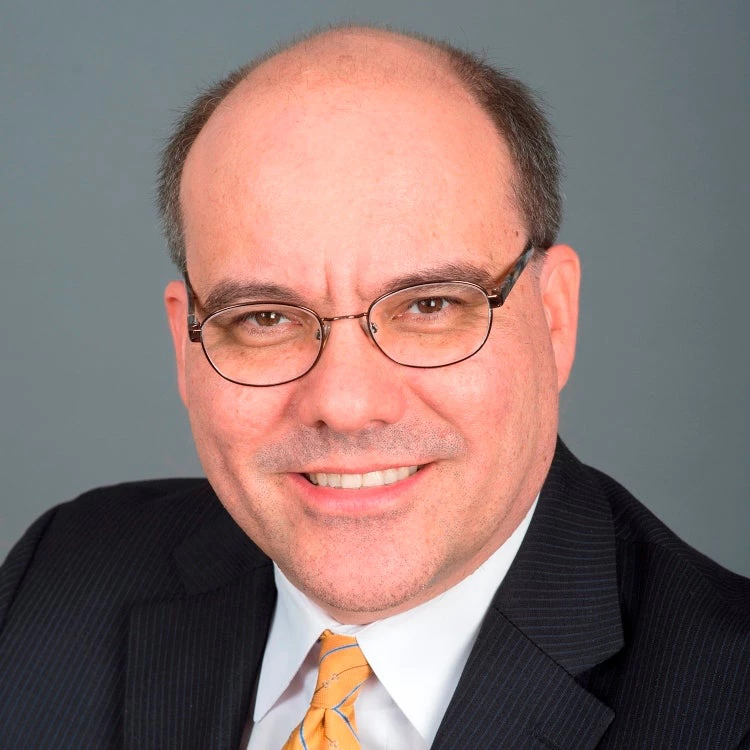 People washing their clothes along the roadside in front of an informal settlement in Johannesburg, South Africa.
People washing their clothes along the roadside in front of an informal settlement in Johannesburg, South Africa.
For the estimated 60% of urban dwellers in Africa who live in low-income informal settlements, living conditions mean limited access to basic water and sanitation, overcrowded low quality housing, and risk to environmental, health, and natural hazards. At the same time, African cities provide employment opportunities and a hope for a better future for informal settlements residents. Unfortunately, the COVID-19 (coronavirus) crisis has made living conditions in informal settlements more difficult. The lock-down restrictions and the economic crisis have evaporated job opportunities for many. The global economy is being hit by the deepest recession in 80 years despite massive stimulus measures.
The often chaotic density of informal settlements and lack of basic services does not allow for social distancing or frequent handwashing. Missing a day’s work can mean not being able to feed one’s family. Disruption to food supply chains and spikes in food prices add to the crisis. COVID-19 has thus far not yet reached worse case predictions for Africa but could peak later this year. When it does, African cities will be at the epicenter of this pandemic. They must be supported to play their leadership role in the solution.
Local governments and communities are innovating in the middle of the crisis. Our weekly monitoring of COVID-19 responses in low-income communities illustrates the creativity of empowered cities and communities. Some examples of quick response include the installation of handwashing stations in high traffic public spaces such as bus stations and markets stations in cities in Kenya, Rwanda and elsewhere. Public awareness campaigns have been launched in countries such as Liberia, Sierra Leone, and Sudan including the use of free cellphone messages, neighborhood broadcasts, and songs created by popular musicians. Technology is being used to facilitate access to health information in Nigeria through a tool created to self-assess risk based on symptoms and exposure history. In South Africa, WhatsApp chat runs an interactive bot to answer common health questions.
Local governments are also working to ensure food security through distribution to at-risk communities, and creating opportunities for social distancing and handwashing in markets. Analysis of markets in Monrovia identified approaches to distribute vendors and people to avoid crowding. In Kitwe, Zambia, a multi-stakeholder platform has been created by the city to coordinate on the food supply chain after initial restrictions had affected availability.
At the community level, residents are responding in various ways. In Kibera, Nairobi’s largest low-income informal settlements, a community group has established hand-washing stations, community toilets and clean water kiosks. In Sudan, community resilience committees are making their own hand sanitizers and distributing to residents for free.
The World Bank has several programs supporting a diverse group of cities in Africa. We are adjusting them to respond to the immediate crisis, and to begin to plan for a resilient recovery. For example, under the Kenya Informal Settlements Improvement Project, the National Hygiene Program was initiated to address COVID-19 through cash-for-work activities for youth, with more than 25,000 jobs created in informal settlements since April. The government will scale up the program further to 200,000 youth across the country. The project will use the cash-for-work program to clean streets and drainage, clear bush and collect garbage, and undertake fumigation and disinfection activities. These programs not only generate jobs and support livelihoods but are also key for a sustainable and resilient recovery.
In the Greater Accra Resilient and Integrated Development Project, the local governments are expanding services with water tanks and sanitation blocks, and distributing soap and hand sanitizer. For the economic recovery phase, the project will accelerate implementation of low-income informal settlements upgrading activities focusing on labor-intensive activities that will create about 60,000 workdays.
Knowledge and learning across continents are key to design targeted relief and recovery programs. We have compiled lessons from other low-income informal settlements upgrading programs from around the world. We have also prepared a checklist to help local government design and enhance response programs.
Unfortunately, all signals indicate that the COVID-19 pandemic will be with us for months to come. Sustained focus on relief and recovery actions in informal settlements should continue. The COVID-19 crisis presents opportunities for local governments to Rebuild Better, in a more inclusive, sustainable and resilient way. Cities need to find opportunities to balance immediate responses with the long-term agenda of good urban planning and management, affordable housing and services to all, and greater job and livelihood opportunities. The examples we share today give reason for hope – it is possible!




Join the Conversation